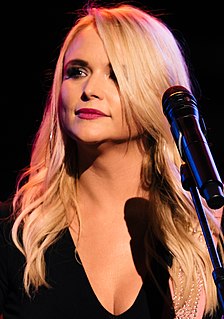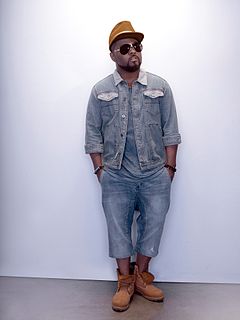A Quote by Marina Warner
I always have done work on mythic relations since I started writing. I really want to be a novelist, or at least a writer of imaginative work... I do try to make my critical studies imaginative and try to write them in ways that are more like literature than philosophy, but I have disappointed myself because I am still so wedded to criticism.
Related Quotes
I don't write because I think I have anything particularly interesting to say. I write because I love writing more than any other work I've done. I do think about entertaining the reader to the extent that I try always to write a book that I myself would want to read, but I don't think it's up for me to decide if what I've written is interesting to others. That is entirely up to others.
From about ninth grade on, I knew I was a writer at heart. I had fantasies of being a great novelist, but I thought that seemed like an iffy way to try to make a living. So I tried journalism while in college, and really liked it. But even in journalism, I've always pursued ways to be somewhat literary, whether writing a column or writing books.
I just feel like it's easier to co-write sometimes, especially if you have chemistry with somebody. It kind of takes all the pressure off of you. But, you know, I started writing songs by myself. I didn't really have a co-writer, besides my dad. When I see a record and it has a song on it that someone wrote [alone], I just really believe in them as a writer. I feel like it's a window into them, more than it is if you write a song with someone else.
I hate the thought that someone had picked up one of my song records and was really excited about it, and walks [out of] a record shop with On Land and is disappointed because it isn't what they wanted. So, I try to make signs, graphically and visually, to say to people "Okay, this is this department of my work and this is this other department of my work." And of course I'm very pleased if people like all of them, but I don't want them to feel deceived at any point.
The desire to be liked is acceptable in real life but very problematic in fiction. Pleasantness is the enemy of good fiction. I try to write on the premise that no one is going to read my work. Because there's this terrible impulse to grovel before the reader, to make them like you, to write with the reader in mind in that way. It prevents you doing work that is ugly or upsetting or difficult. The temptation is to not be true to what you want to write and to be considerate or amusing instead. I'm always trying to fight against the impulse to make my readers like me.
Marrying the right girl is even more imperative today than it was when I was 23 years old because it's so much harder to get on as an imaginative writer like me now. You need to have somebody who believes in what you're doing and who never is skeptical about what you're doing. My wife thought it was a great thing for me to be a writer because in practical terms it freed her to do what she wanted to do, which was work.
I think the first thing - if you want to be a writer - the first thing you need to do is write. Which sounds like an obvious piece of advice. But so many people have this feeling they want to be a writer and they love to read but they don't actually write very much. The main part of being a writer, though, is being profoundly alone for hours on end, uninterrupted by email or friends or children or romantic partners and really sinking into the work and writing. That's how I write. That's how writing gets done.
I make work that tries to sort of connect with something really, really familiar. I don't try to make work that's original. I try to make work that's quintessential. That's what I mean about the familiar. It operates with stuff that people already know or information that they already have and I try to just use that. Quintessential means like the perfect minimalist sculptor.







































